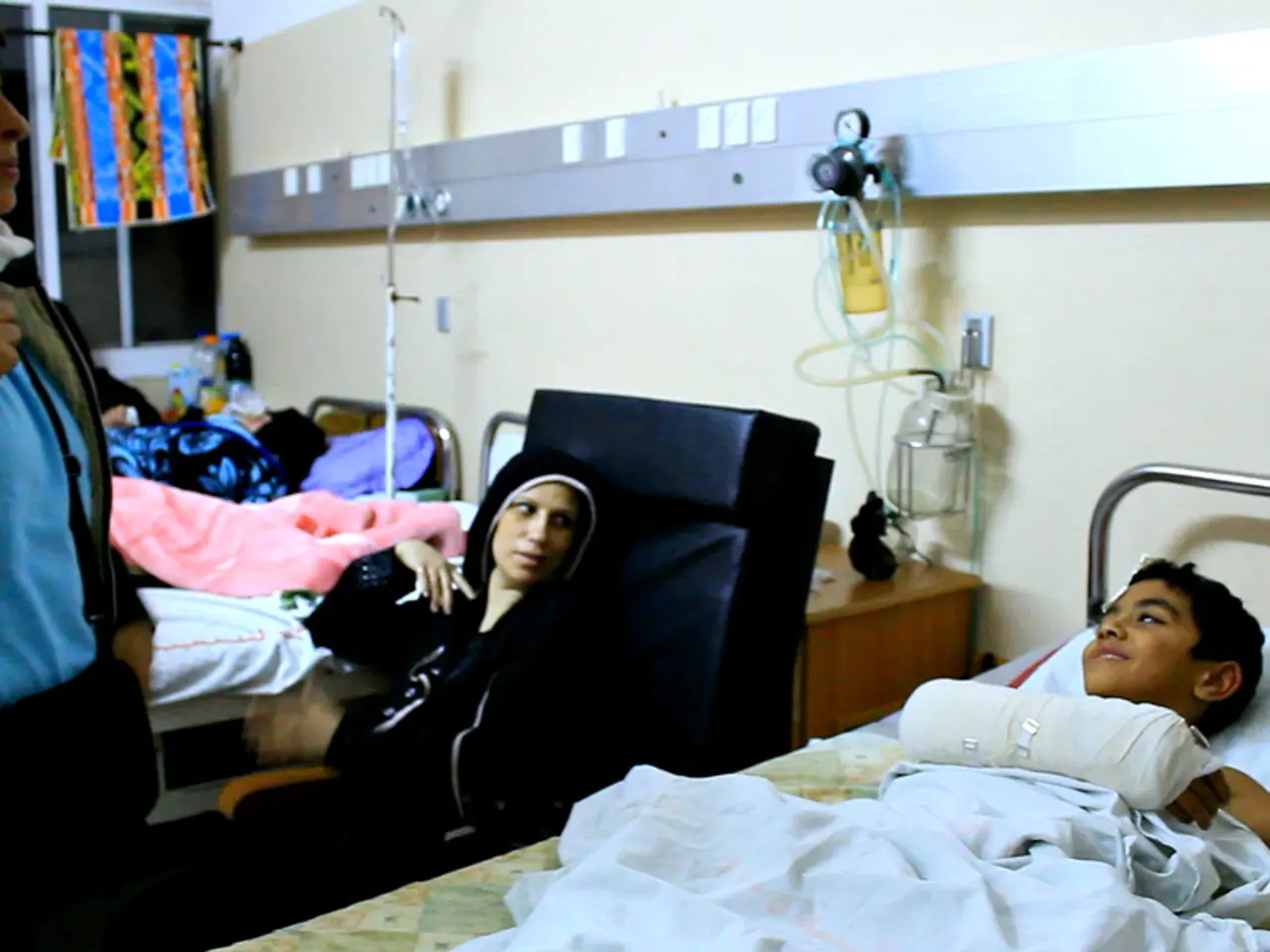Navigating Refusals at a Medical Consultation: Key Points to Remember
In the realm of healthcare, one fundamental right that every adult possesses is the ability to make informed decisions about their own medical treatment. This right is known as patient consent.
Adults have the power to agree or refuse any medical treatment, including diagnostic tests, physical examinations, drugs, or surgeries. This includes the right to say 'no' to a doctor's recommendations, as long as they are capable of giving informed consent.
Informed consent requires a person to understand the medical recommendation, its potential risks and benefits, and alternative options. A health professional should discuss these aspects in detail to ensure the person has a clear understanding.
If a person is unsure about refusing a recommendation, they can ask for more time to think about the decision, seek a second opinion, or enquire about ways to adapt a test or procedure to accommodate their needs. They can also ask questions about the risks, benefits, success rates, side effects, long-term outlook, and outcomes for people who do not have treatment.
However, it's important to note that children under 18 cannot give informed consent from a legal perspective. In such cases, parents or caregivers make medical decisions on their behalf, unless the child becomes legally emancipated.
People can revoke consent for a medical intervention at any time, even if they previously consented to it. Refusing medical treatment is an informed refusal when the person understands what they are saying 'no' to.
In emergency situations, doctors may not be able to obtain consent due to the urgency, but they must still make a reasonable effort to get it. In these instances, they may seek consent from a legally appointed representative if the patient is incapable of giving consent.
Obstacles such as incomplete information from medical professionals, incomplete understanding by individuals, language barriers, and cultural differences may make it more difficult to obtain consent. Health professionals may work around these obstacles by providing interpreters, patient education, or adapting their approach.
In some cases, symptoms such as blood loss, severe pain, or unconsciousness could make it difficult for a person to give informed consent in the moment. In these situations, a health professional may make a decision in the best interest of the patient, with the goal of obtaining consent as soon as possible.
In certain circumstances, a person with dementia or similar conditions may not be able to give consent and may need someone else to make medical decisions for them. In such cases, it's crucial to appoint a trusted individual as a power of attorney to ensure the person's wishes are respected.
This right to refuse medical treatment is a significant aspect of patient-centered care, ensuring that individuals have control over their own health decisions and maintain their dignity and autonomy throughout their healthcare journey.
Read also:
- Connection Between ADHD and Trauma?
- West Nile Virus detected in Kentucky for the first time; authorities advise locals to adopt safety measures
- Allergy relief through nasal sprays: confirmed by the Foundation's testing
- Federal authorities mandate the final phase of the San Jacinto River Waste Pits clean-up operation







